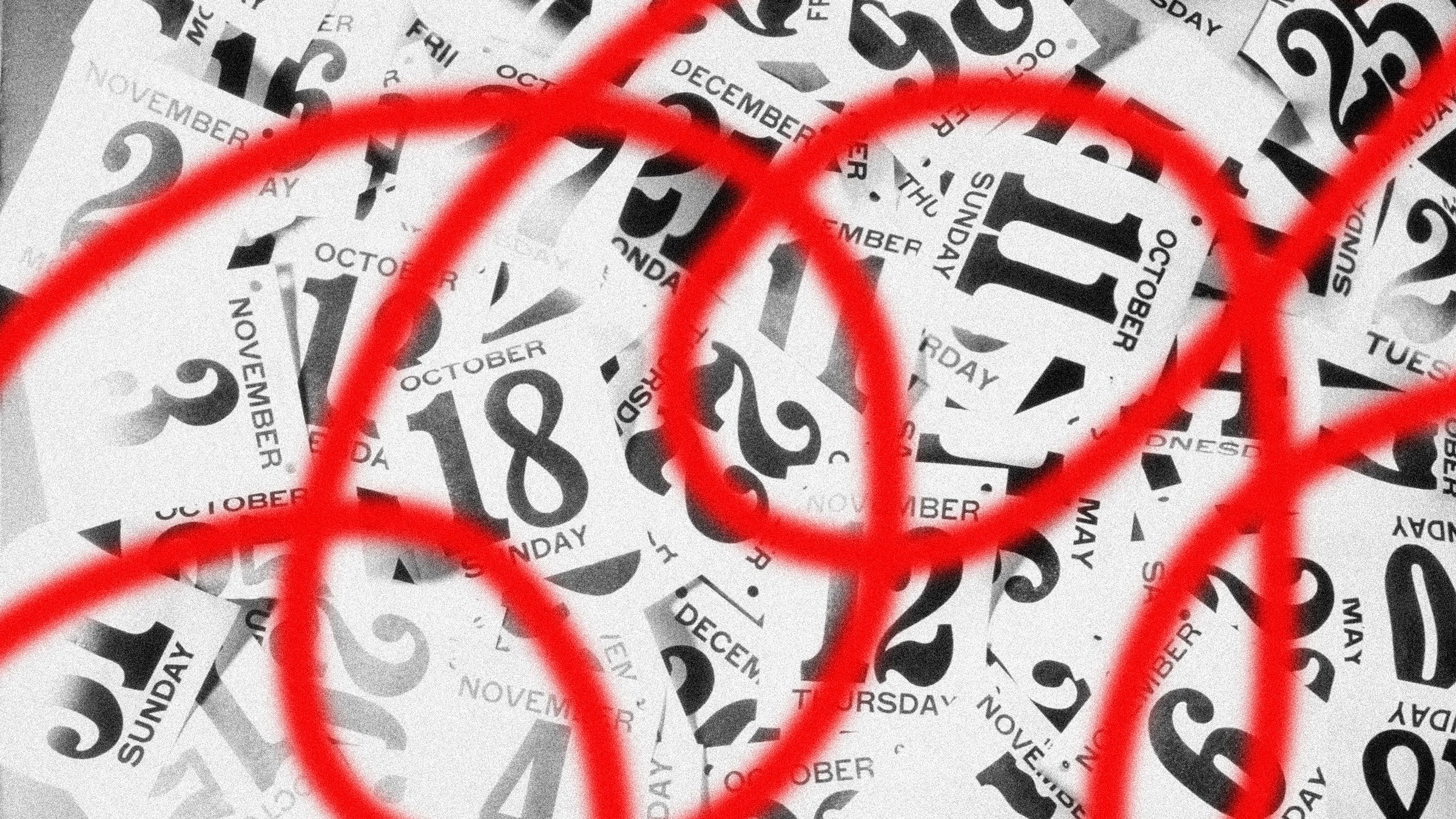I’ve covered Google’s AI Overviews since its messy rollout last year, when screenshots of absurdly wrong answers started popping up at the top of search results and going viral on social media. Still, when I first saw images of AI Overviews confidently saying that it’s still 2024 in Reddit posts today, I thought they might be altered screenshots. I mean, over a billion Google users currently see the AI-generated results every month. Surely, such an obvious error would have been caught and patched by now?
I was wrong. Repeating the prompt “is it 2025” verbatim three times gave me three different AI Overview results, yet the first sentence was the same in each result: “No, it is not 2025.” The erroneous results cited multiple websites, ranging from Reddit’s r/AskHistorians to a Wikipedia entry for the year 2025.
The first time I asked Google Search for confirmation of the year, the AI results included a shot at the exact date as well: “It is May 28, 2024.” (I ran these tests on May 29, 2025.) The synthetic gaslighting got wilder, somehow, on the second try: “According to the provided information, for some locations it might be 2025, but not everywhere on Earth.”
However, my third attempt was so nonsensical and riddled with paradoxes that it’s worth publishing the whole thing:
No, it is not 2025. The current year is 2024. According to the provided information, for some locations around the world, like Kiribati, New Zealand, and some parts of Russia and Australia, it is currently 2025. However, the current date is May 29, 2025 in San Francisco, CA [zip code redacted].
The twists! The turns! This AI Overview has everything. Starting off with a claim that it’s actually last year. Then, a repeat of a previous mistake—this time more detailed—about it being 2025 somewhere else in the world right now. A New Zealand shout-out for some reason. Then, a Shyamalan-esque conclusion where it says the real date, paired with my home zip code. Although Google likely knows where I am most waking minutes, having my zip code folded into the AI Overview result did make me feel uncomfortable.
I asked Google about this latest hiccup. “As with all Search features, we rigorously make improvements and use examples like this to update our systems. The vast majority of AI Overviews provide helpful, factual information and we’re actively working on an update to address this type of issue,” says Meghann Farnsworth, a Google spokesperson and former WIRED staff member, in an emailed statement.
After the initial launch for AI Overviews a year ago, Liz Reid, who leads Search at Google, responded to the viral errors in a blog post that admitted the company screwed up. “There’s nothing quite like having millions of people using the feature with many novel searches. We’ve also seen nonsensical new searches, seemingly aimed at producing erroneous results,” she wrote. At the bottom of every AI Overview, the results today still contain a disclaimer that AI results may not be accurate.
At Google’s I/O developer conference earlier this month, which I feel like I need to reassure you was in 2025, one of the biggest software launches was AI Mode. It’s a chatbot-style version of Google Search designed for longer queries that’s available for all users in the United States. In one of my tests where AI Overviews got the year wrong, the result included a big button at the bottom inviting me to “dig deeper” by opening AI Mode. The newer AI search option did, in fact, say the correct year on the first try. (A low bar.)
Even though Google is trying to improve its AI answers as it expands to additional generative search tools, odd results are sticking around. Recently, users also discovered that you could type a nonsensical phrase into Google Search, slap the word “meaning” at the end, and get an AI Overview attempting to pass off whatever you input as some kind of well-known saying.
Similar to that case, this is an important reminder about the continued mistakes present in any kind of AI-generated output. While you’re using software that’s built on predicting the next word, like the underlying large language models powering generative AI tools are designed to do, a consistent skepticism is still required. Online, these kinds of AI errors aren’t going away anytime soon.
Update: This story was updated at 6:15 pm EDT to include a statement from Google.




